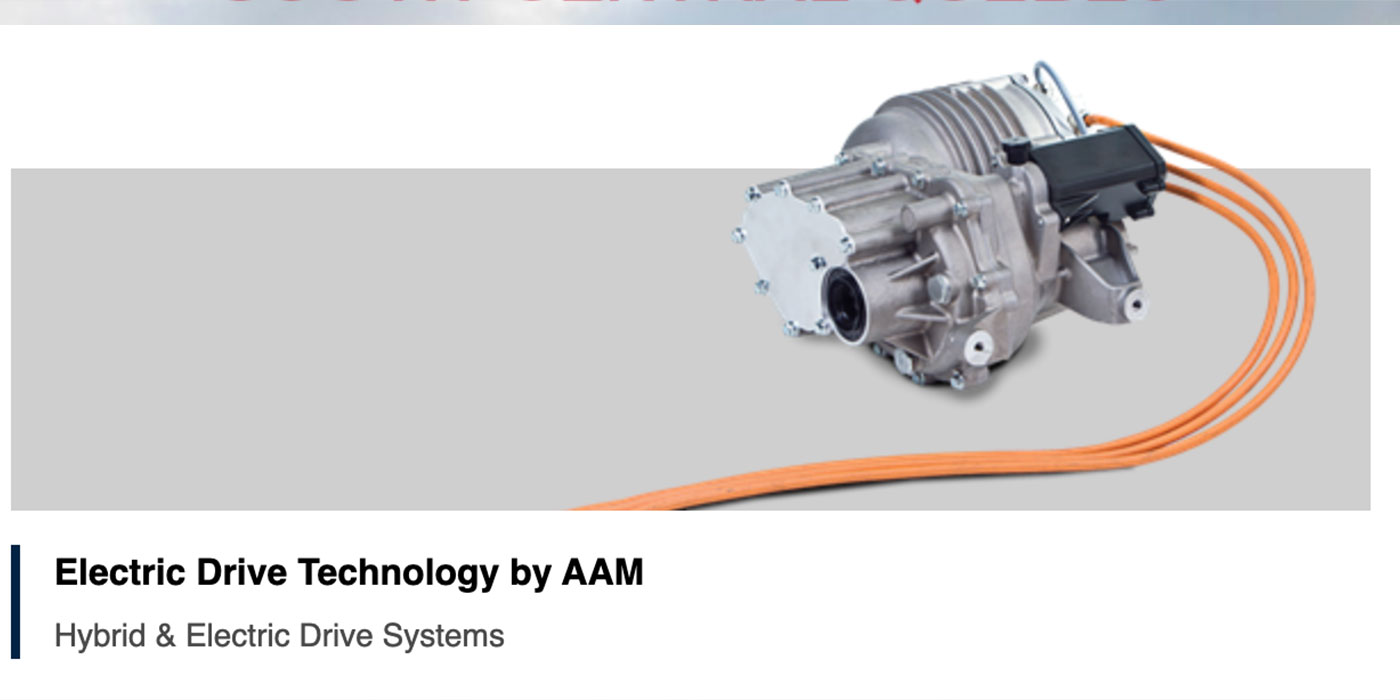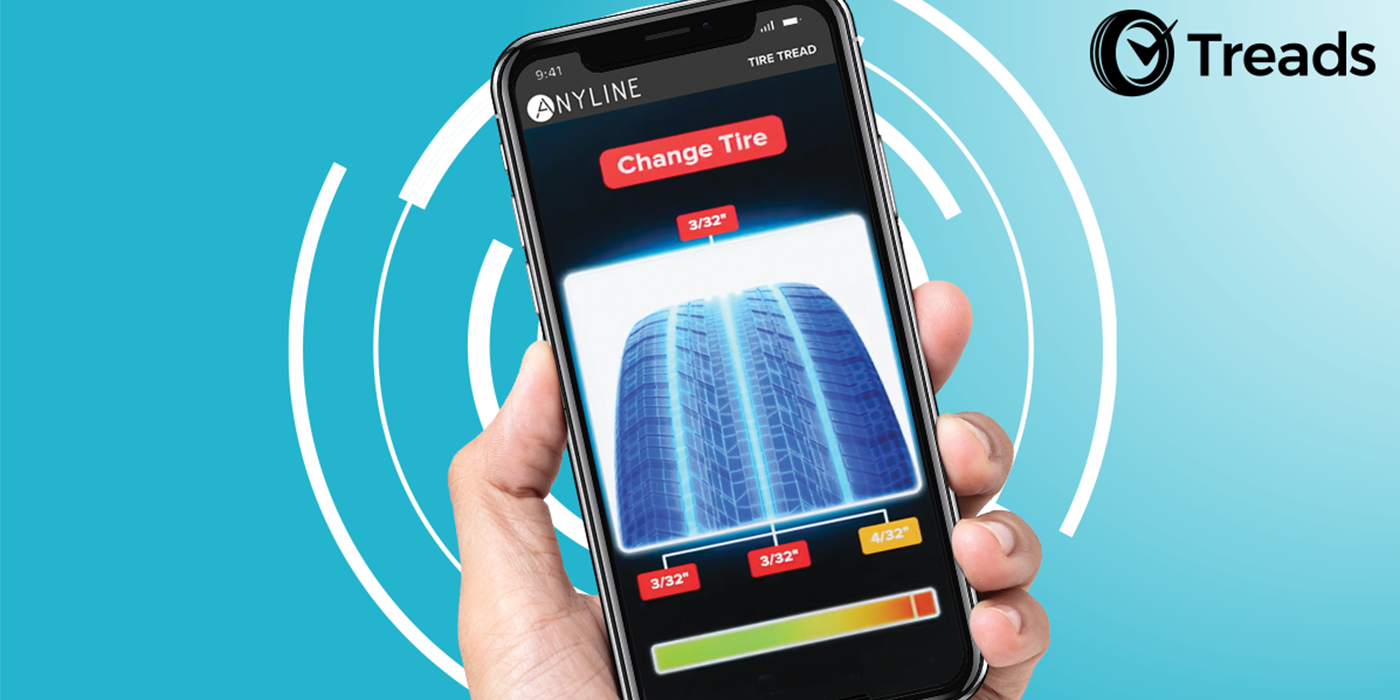While vehicle buyers have embraced advanced driver-assistance systems (ADAS) that enhance safety, the same sentiment doesn’t extend to ADAS that enables autonomous driving.
A spring 2023 survey conducted by S&P Global Mobility found that trust and familiarity remain barriers preventing car shoppers from embracing autonomous-driving technology. As the level of vehicle automation increases, the survey concludes, consumer desire for autonomous driving decreases.
The survey reveals that each of the top five most-desired ADAS features improves safety. The most coveted feature, desired by 83% of consumers, is blind-spot warning. Forward collision warning and rear mirror cameras also garnered significant interest, with more than 80% of respondents expressing a desire for them. Other highly desired features include automatic emergency braking (AEB) for vehicles and pedestrians, as well as night vision.
“Exposure is helping to drive much of the desirability for these features,” explains Yanina Mills, senior technical research analyst at S&P Global Mobility.
However, while autonomous-driving features add convenience by reducing the tedium of driving, they fall well-short of ADAS safety features when it comes to buyer desirability. “Safety versus convenience operate in two different ballparks of interest,” asserted Brock Walquist, senior technical research analyst at S&P Global Mobility.
Interestingly, the survey indicates that consumer experience with self-driving technology is essentially non-existent, further inhibiting its desirability. While many automated safety features received interest levels in the 80th percentile range, self-driving technology emerged as the least desirable ADAS feature listed, with only 61% of the 7,732 global respondents expressing interest.
But increased capability doesn’t necessarily increase buyer desire. Consumers still prefer automated-driving features where the driver maintains more control. Only 69% of consumers desire Level 2 autonomy. Even fewer (65%) buyers desire Level 2+ hands-off automated highway driving.
Among those polled, 53% of consumers believe that an autonomous car would drive more efficiently than a conventional car, 48% consider it safer, and 27% would use it to alleviate tedious driving conditions.
Optimism regarding self-driving cars remains cautious, considering that buyers carefully consider their purchase decision before signing any papers. To convince more buyers of the worthiness of autonomous-driving systems, OEMs need to improve their communication of the benefits, advises Mills.
Consumer sentiment varies across regions, with consumers in Mainland China consistently displaying the highest desirability scores for self-driving technology, while consumers in the United States, the United Kingdowm and Germany show the lowest scores in this regard.
“Consumers don’t exactly know how it is going to work. There is confusion,” Mills said. “They are asking, ‘Is it self-driving, or is it just going to help me a bit and I still have to focus?’”
The evolving landscape of automated driving poses challenges for both OEMs seeking to sell these systems and consumers considering their purchase. Automakers will need to better define the benefits of autonomy to improve its desirability among consumers.














